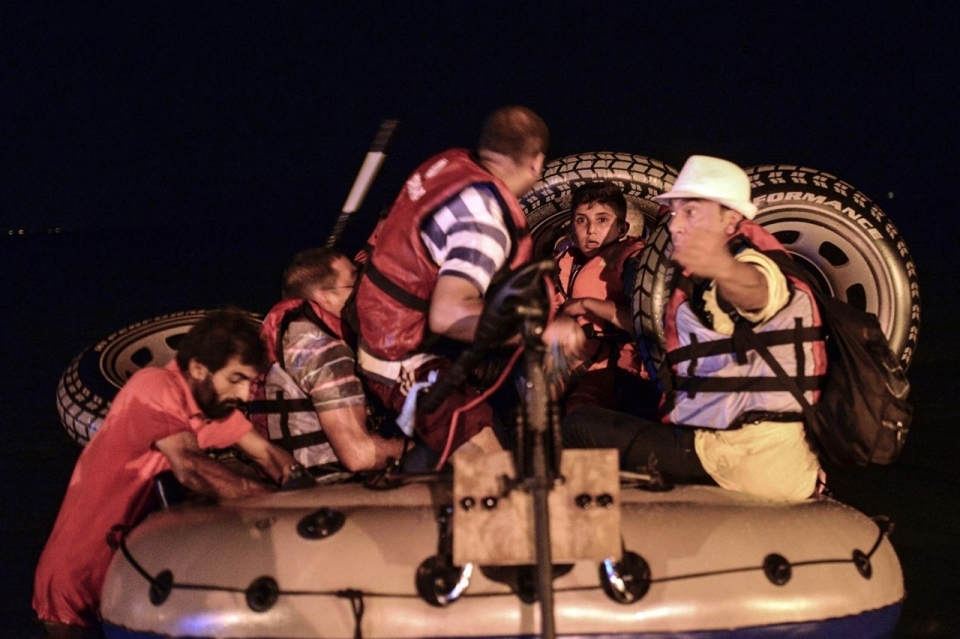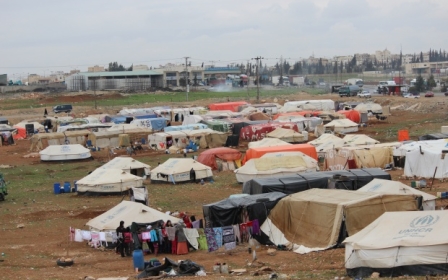Fresh boat tragedy sees 17 Syrians drown off Turkish coast

Five children were among 17 Syrians who drowned on Sunday when their boat sank in Turkish waters on its way to Greece, local media reported.
The Turkish coastguard recovered the bodies from a wooden boat that had set off from the Turkish holiday resort town of Bodrum for the Greek island of Leros, the Dogan news agency reported.
The group drowned when they became trapped in the boat’s cabin, the news agency said.
A further 20 people, who were on the boat's deck, survived and swam back to the Turkish coast, it added. All were wearing life jackets.
The survivors were taken to a morgue in Bodrum to identify their drowned relatives.
A group of 31 people, all from Syria and Afghanistan, was arrested by Turkish police after setting off from the same area of the Turkish coast on Saturday.
Ten of the migrants were apprehended by the coastguard while they attempted to swim to the Greek island of Kos.
The area around Bodrum is a common setting-off point for people desperate to reach Europe, who continue to risk dangerous journey in often rickety boats rather than attempting to cross Turkey’s highly fortified land borders with Greece and Bulgaria.
The body of Alan Kurdi, a toddler from Kobane, washed up on a beach near Bodrum at the start of this month, sparking international outrage.
The boy’s death increased pressure on international leaders to do more to combat a refugee crisis that has seen thousands die at sea on the way to Europe.
So far EU leaders have pledged to take in more asylum seekers and offer more funding to schemes aimed at improving the situation in Syria’s neighbours in order to encourage people to stay rather than fleeing to Europe.
Middle East Eye propose une couverture et une analyse indépendantes et incomparables du Moyen-Orient, de l’Afrique du Nord et d’autres régions du monde. Pour en savoir plus sur la reprise de ce contenu et les frais qui s’appliquent, veuillez remplir ce formulaire [en anglais]. Pour en savoir plus sur MEE, cliquez ici [en anglais].




